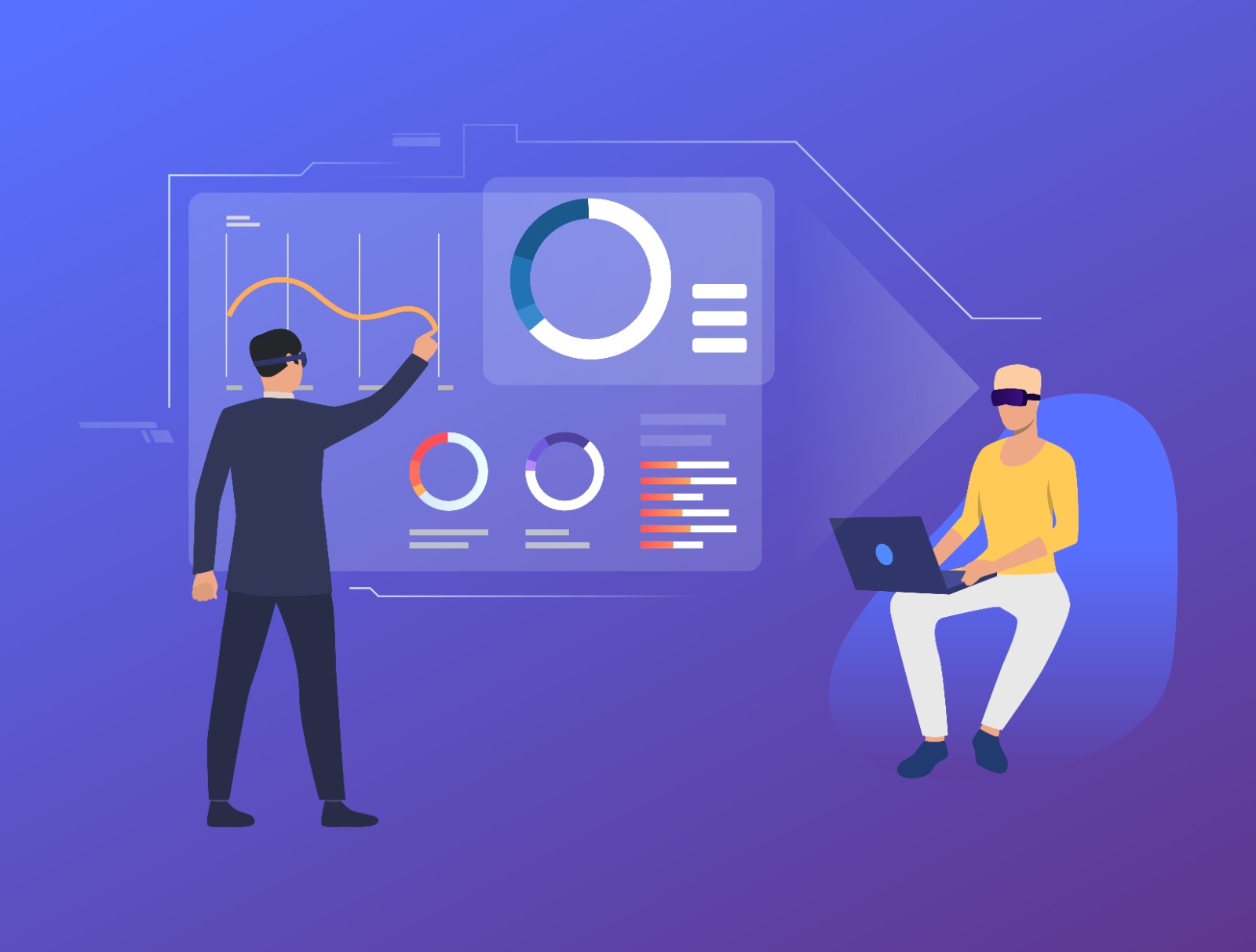Upskilling and Reskilling for an AI-Driven Analytics Future
April 22, 2025
The world of work is undergoing a profound transformation, with transformational breakthroughs, particularly in generative artificial intelligence (GenAI), reshaping industries and tasks across all sectors as we move into 2025. This rapid evolution necessitates a critical look at the skills required for professionals in Business Intelligence (BI) and analytics to remain effective and relevant. There is compelling evidence for the urgent need for robust upskilling and reskilling strategies to ensure analytics professionals can not only work alongside AI but also leverage its burgeoning capabilities.
The Evolving Skills Landscape and the Rise of AI
There is a significant and ongoing disruption of skills. Overall, employers expect 39% of workers’ core skills to change by 2030. This, while a slight decrease from the 44% expected in 2023, still represents a substantial shift in the skills demanded by the labour market. Driving this change more than any other trend are technological advances.
Among the technological skills projected to grow most rapidly are AI and big data, topping the list of fastest-growing skills, closely followed by networks and cybersecurity and technological literacy.
The increasing importance of AI and big data is fuelled by the expansion of digital access and the integration of AI and information processing technologies. Consequently, analytical thinking and systems thinking are also seen as rising in importance, underscoring the increasing complexity of decision-making in a data-driven world. Conversely, skills such as manual dexterity and basic literacy are expected to diminish in relevance due to increasing automation driven by AI and related technologies.
The Generative AI Inflexion Point
The release of ChatGPT 3.5 in November 2022 marked a significant moment in public awareness of GenAI technologies. While the long-term impact is still being assessed, the immediate need for understanding and working with these technologies is evident. Indeed’s research, conducted for the report, emphasises the continued importance of human-centred skills in this age. GenAI is seen as having the potential for augmenting human work through human-machine collaboration, rather than fully replacing it in most areas. This augmentation necessitates that analytics professionals develop advanced prompt-writing skills and broader GenAI literacy.
Employer Expectations and Investment in Training
Recognising the significant skill disruptions, employers are increasingly investing in reskilling and upskilling initiatives to align their workforce skills with evolving demands. The report indicates a positive global trend in training completion, with 50% of the workforce having completed training as part of their learning and development initiatives, a notable increase from 41% in 2023. This rise is evident across nearly all industries, signifying a growing recognition of the importance of continuous skill development.
In direct response to the expected AI disruption, reskilling and upskilling of the existing workforce to work more effectively alongside AI emerges as the most anticipated workforce strategy for companies headquartered in 45 out of the 55 economies covered by the report. By 2030, 77% of surveyed employers plan to implement this strategy. This overwhelming majority underscores the critical need for current analytics professionals to acquire AI-related skills.
Beyond upskilling their current workforce, employers are also looking to acquire new talent with specific AI expertise. 69% of respondents plan to recruit talent skilled in AI tool design and enhancement, and 62% intend to hire new people with skills to better work alongside AI. Furthermore, 49% of employers plan to reorient their organisation to target new business opportunities created by AI, suggesting a strategic shift that will require analytics teams to possess AI-driven insights capabilities.
Industry-Specific Focus on AI and Data Skills
The report also provides insights into industry-specific trends. For instance, in Canada, 97% of companies expect AI and information processing technologies to transform their operations. Similarly, companies in Information and Technology Services anticipate a near-universal uptake of AI and information processing (99%) by 2030. These figures highlight the pervasive expectation of AI integration across various sectors, making AI and big data skills essential for analytics professionals regardless of their industry.
Actionable Milestones for Upskilling and Reskilling
To effectively navigate this AI-driven future, organisations need to implement strategic and actionable steps to upskill and reskill their analytics teams. The following milestones can provide a framework for this process:
Milestone
| Assess Current Skill Gaps | Evaluate the existing analytics team’s proficiency in AI and related technologies against the future skill demands highlighted in the report. Understanding the current baseline is crucial for targeted development. |
| Prioritise Key AI Skills | Identify the most critical AI and big data skills (e.g., GenAI literacy, prompt engineering, advanced analytical techniques leveraging AI) necessary for the team’s future success. However, it is important to focus on granular skills within AI and big data and the need for advanced prompt-writing skills as foundational skills. |
| Develop Targeted Training Programs | Create or curate specific training initiatives focused on bridging the identified skill gaps, considering both internal resources and external providers. The increasing share of the workforce completing training programmes (50%) highlights the growing investment in this area1. |
| Implement Continuous Learning Culture | Establish mechanisms and incentives for ongoing skill development and knowledge sharing related to AI and analytics within the organisation. |
| Integrate AI into Analytics Workflow | Begin incorporating AI tools and methodologies into current analytics projects to foster practical application and understanding. This aligns with the potential for augmenting human work through human-machine collaboration. |
| Evaluate Impact and Adapt Strategy | Regularly assess the effectiveness of the upskilling and reskilling efforts on team performance and adjust the strategy based on evolving AI technologies and business needs. |
The WEF Future of Jobs paints a clear picture that the future of analytics is inextricably linked with AI. The significant expected skill disruption, the rapid growth in demand for AI and big data skills, and the proactive strategies employers are adopting for reskilling, upskilling, and new hiring all point towards an urgent need for analytics professionals to embrace continuous learning.
By acquiring skills in areas such as generative AI literacy, advanced analytical techniques leveraging AI, and understanding how AI can augment their current capabilities, these professionals can ensure they remain valuable assets in an increasingly AI-driven world. The time to invest in upskilling and reskilling is now to effectively navigate and thrive in the analytics landscape of tomorrow.



